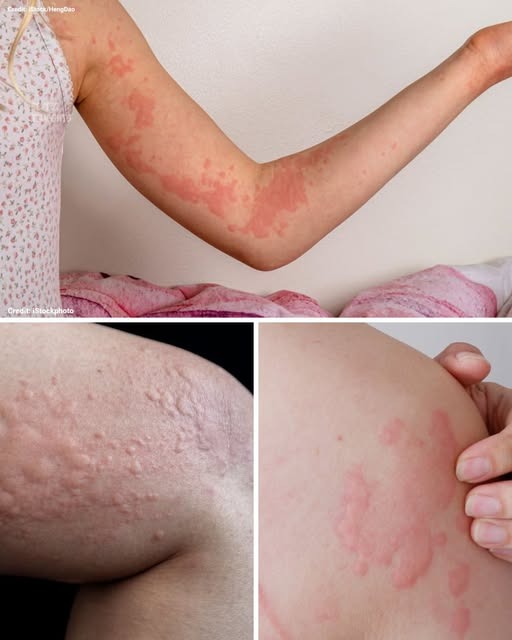If Your Body Itches and Bumps Appear — Here’s What It Really Means
Don’t ignore these warning signs — your skin could be trying to tell you something important.
When Itching Isn’t Just Itching
It starts as a small irritation — a little itch, a few bumps. Most people dismiss it as a minor issue, but your skin is a mirror of your overall health. Persistent itching and raised bumps could be your body’s early warning sign that something deeper is going on.
There are many possible explanations for itchy, bumpy skin — from harmless allergic reactions to conditions that need medical care.

1. Allergic Reactions: The Most Common Culprit
Allergies are among the top causes of sudden itching. Your immune system reacts to something it sees as a threat — whether it’s a type of food, medication, or environmental factor like pollen or pet dander.
When this happens, histamines are released, causing itching, redness, and swelling.
These bumps, known as hives, can appear anywhere on the body and vary in size and shape.
If you suspect an allergy:
-
Avoid known triggers immediately.
-
Take an antihistamine to reduce inflammation.
-
Consult a doctor if symptoms persist or worsen.
In rare cases, severe allergic reactions (anaphylaxis) can cause swelling of the face or throat and require urgent medical attention.

2. Skin Conditions: Eczema, Hives, and Dermatitis
Sometimes, itchy bumps are signs of chronic skin conditions such as:
-
Eczema (Atopic Dermatitis) — causes dry, itchy, and inflamed patches of skin.
-
Contact Dermatitis — triggered when the skin touches an irritant or allergen.
-
Chronic Urticaria (Hives) — lasting longer than six weeks and often linked to autoimmune responses.
Dermatologists often recommend moisturizers, gentle cleansers, and medicated creams to help restore the skin barrier. Avoiding hot showers and harsh soaps also prevents further irritation.
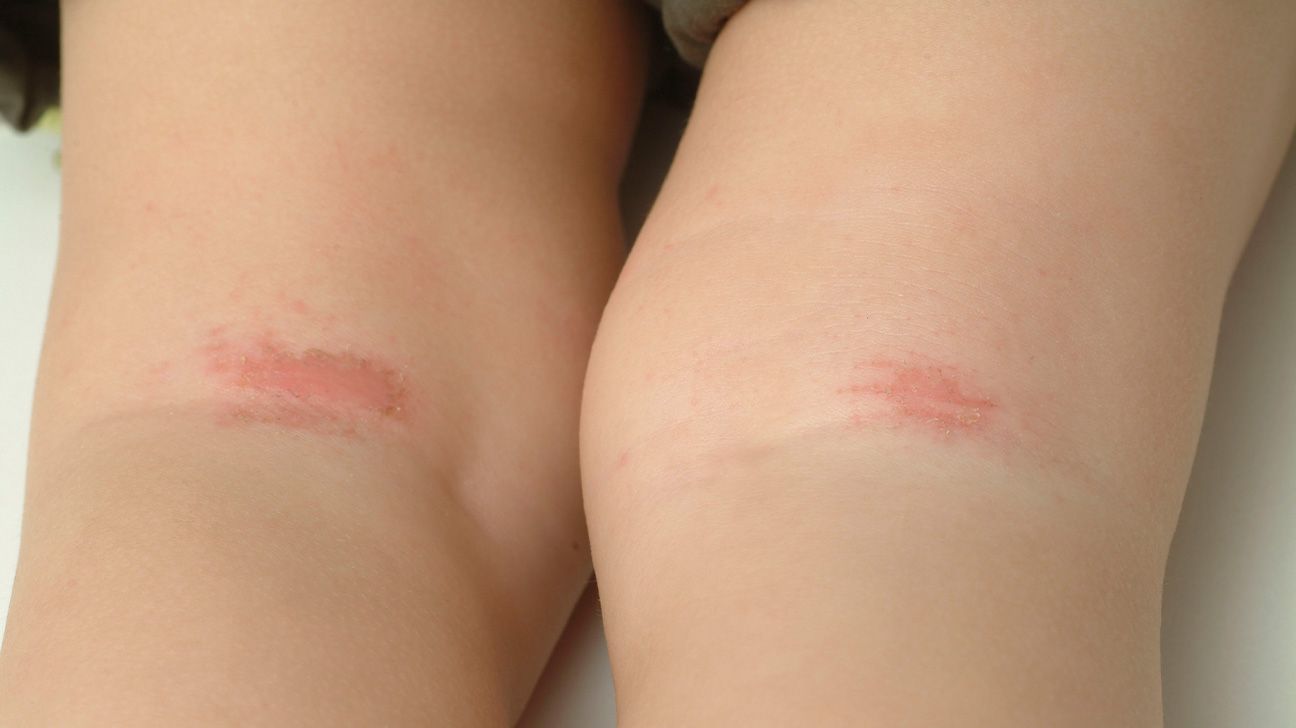
3. Insect Bites and Environmental Factors
Mosquitoes, bed bugs, fleas, and mites can all leave small itchy bumps. Usually, these disappear in a few days, but scratching can lead to infection.
To manage:
-
Wash the affected area with mild soap.
-
Apply ice or calamine lotion.
-
Avoid scratching to prevent secondary infection.
If new bumps continue appearing overnight, inspect your environment — bedding, pets, and clothing — for insect presence.
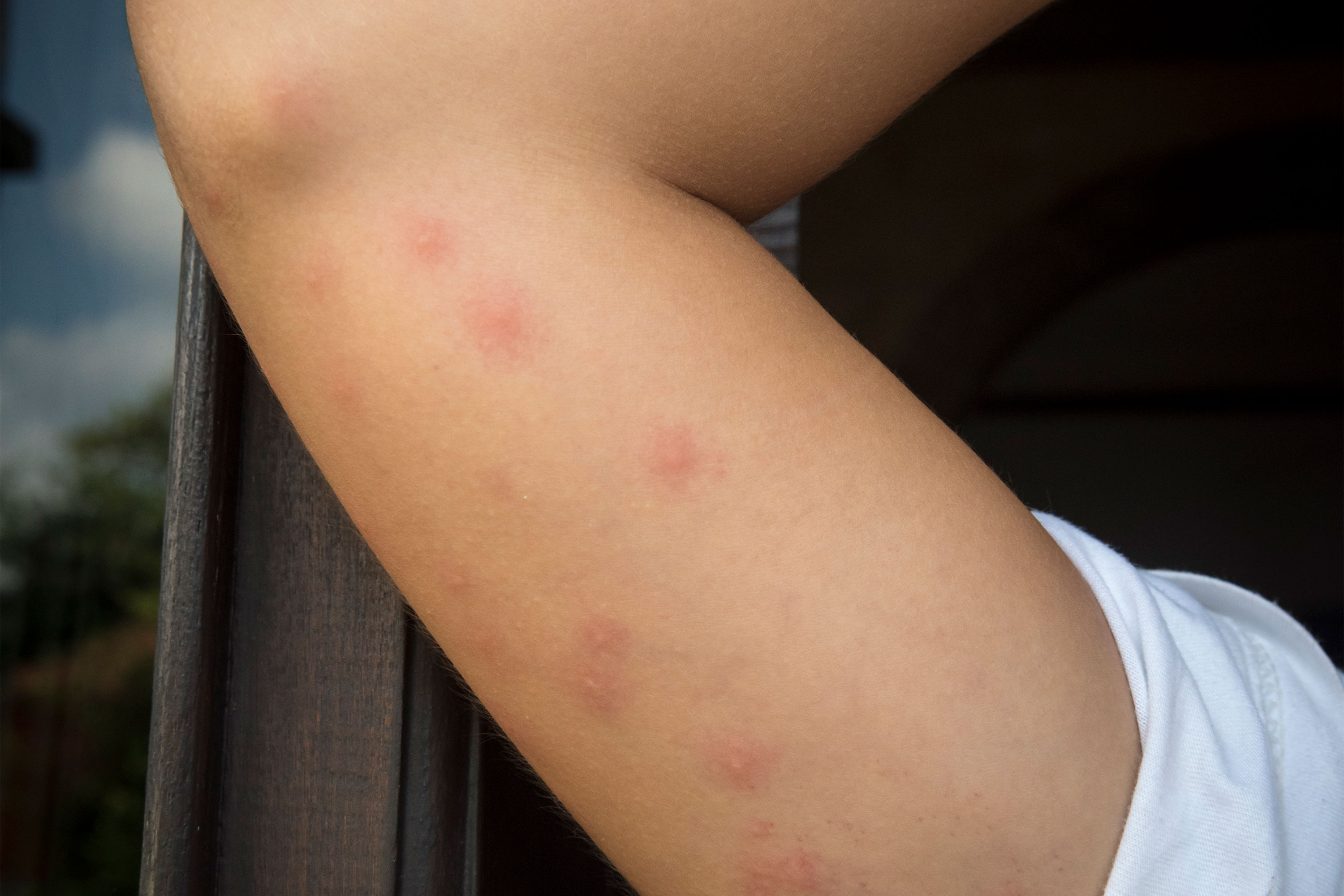
4. Fungal or Bacterial Skin Infections
Itchy bumps that don’t go away may be caused by infections such as:
-
Ringworm (Tinea) — circular patches with raised edges.
-
Folliculitis — inflammation of hair follicles, causing red or pus-filled bumps.
-
Impetigo — a bacterial infection common in children, forming crusty sores.
In such cases, over-the-counter creams may not be enough — antifungal or antibiotic treatments from a healthcare provider are often required.
5. Internal Health Issues That Show on the Skin
Surprisingly, certain internal conditions can cause skin itching and rashes, including:
-
Liver or kidney disease
-
Thyroid imbalances
-
Diabetes
-
Autoimmune disorders
If itching is accompanied by fatigue, yellowing of the skin, or unexplained weight changes, a full medical evaluation is crucial.
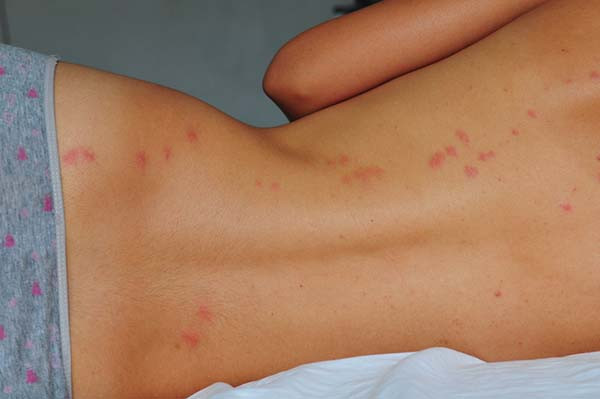
6. When to See a Doctor
Seek medical help immediately if you experience:
-
Persistent itching lasting more than a week
-
Rapid spreading of bumps or blisters
-
Fever, swelling, or difficulty breathing
-
Signs of infection (pus, warmth, or severe redness)
Your doctor may perform allergy tests, blood work, or skin biopsies to find the root cause and recommend an effective treatment plan.
7. How to Soothe Itchy Skin at Home
While awaiting a diagnosis, you can reduce discomfort by:
-
Keeping skin cool and moisturized
-
Using fragrance-free lotions and hypoallergenic detergents
-
Wearing loose cotton clothing
-
Avoiding scratching — use a cold compress instead
These simple habits help calm the skin and prevent further irritation.
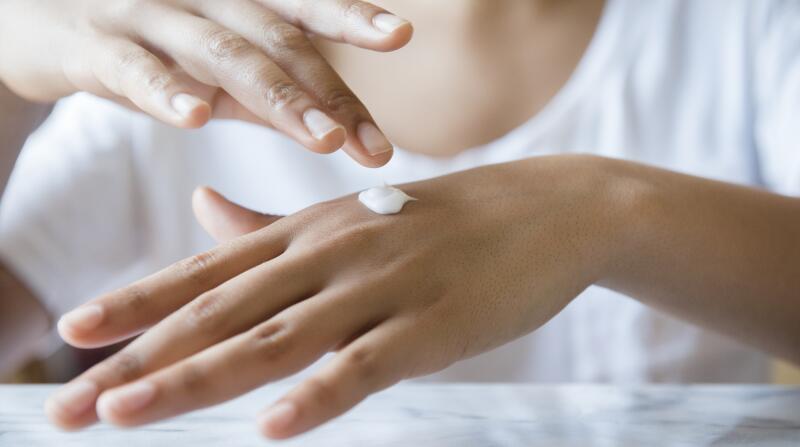
Conclusion
Itchy bumps may seem harmless, but your body could be signaling a deeper issue. Whether it’s an allergy, skin condition, or underlying health concern, early attention makes all the difference.
Listen to your skin — it’s one of your body’s most honest messengers. If the itching persists, don’t self-diagnose. Get professional advice and keep your skin — and your health — in check.
